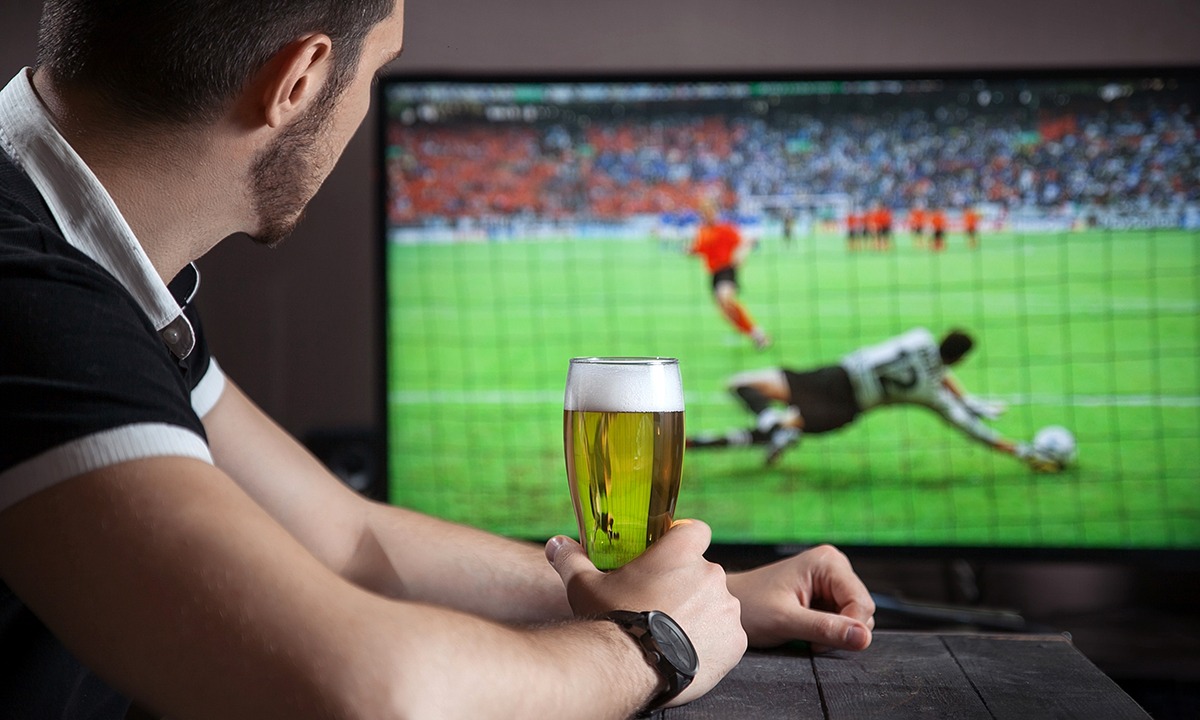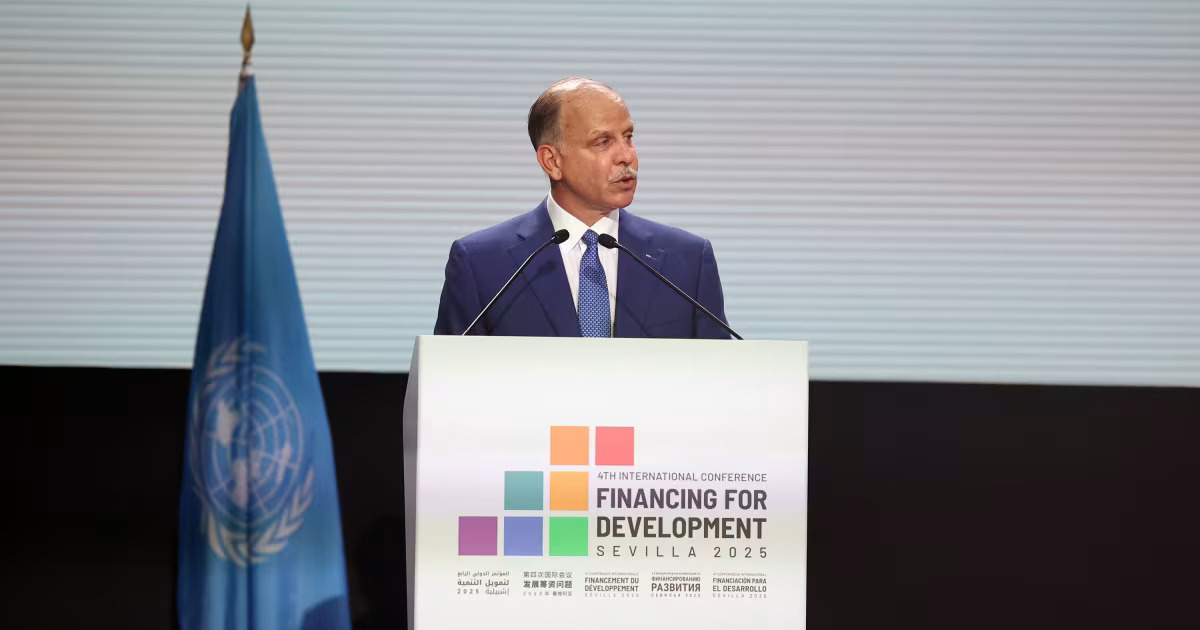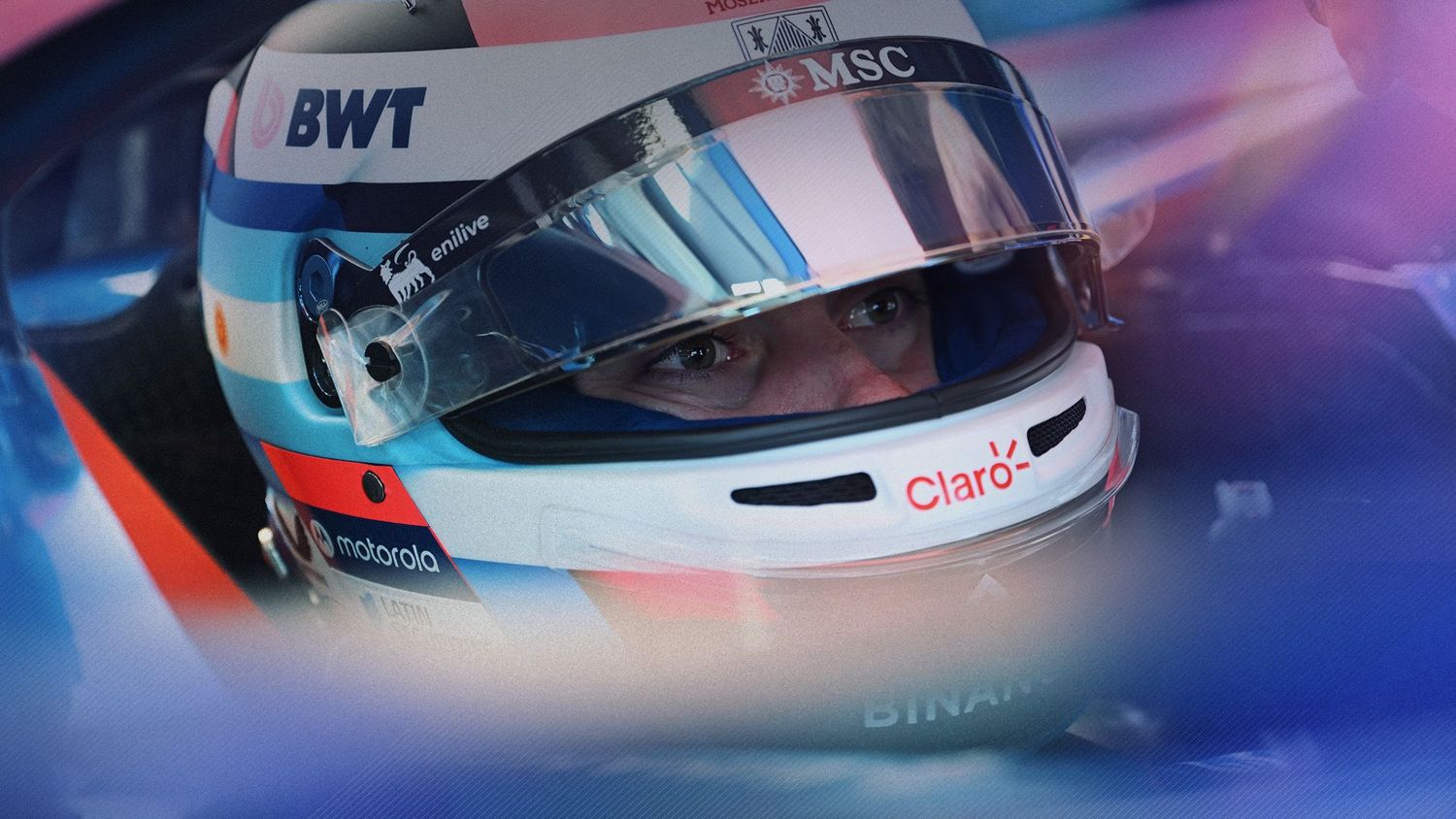Alcohol Ads In Sport Fuel Drinking Culture According To New Study

Researchers from Monash University and the Parisien Laboratory of Social Psychology, the University Grenoble of Alpes (France) have found a causal link between alcohol sponsorship and alcohol-related attitudes.
The international study has claimed repeated exposure to alcohol advertising in sport, either at venues or during media coverage of matches, can have long-term effects on drinking attitudes.
The research is alarming for sporting organisations around the world, as it has been reported that the alcohol industry accounts for roughly 20% of all sports sponsorships internationally.
The study’s co-author, from Monash University’s School of Social Sciences, Professor Kerry O’Brien, said direct alcohol sponsorship of sport is associated with more hazardous drinking, and that large numbers of children are exposed to alcohol messages while watching sport.
“What we showed is that alcohol advertising and sponsorship not only send a message directly encouraging people to drink but tends to implicitly and/or unconsciously associate a product, like beer, within a specific context of going to the football or watching a sports match on television.
“This is especially important for countries that allow alcohol marketing in sports programming during the day when we know hundreds of thousands of children are watching,” he said.
Study lead, Dr Oulmann Zerhouni, said the more popular an alcohol brand was, the more it influenced the subjects involved in the research.
“We also found that exposing people to an alcohol brand, and more strongly to a mainstream alcohol brand, leads to more positive attitudes towards alcohol more generally.
“Our results suggest that alcohol advertising and sponsorship exposure may change attitudes in an automatic fashion because it doesn’t require an individual to cognitively process the advertising stimuli,” he said.
As part of the study, 109 students from France were exposed to 10 minutes of a rugby match featuring one of three sponsorship conditions: a globally renowned beer; a domestic beer; or motor oil.
“We found evidence to suggest that the more popular the brand of alcohol, the greater the influence in changes to participants’ drinking attitudes.
“This wasn’t the case when the alcohol brand was relatively unknown, or if the sponsorship was unrelated to alcohol, in this case, motor oil,” Dr Zerhouni said.
While researches tested whether incidental exposure to alcohol marketing messages influences their evaluation of brands and alcohol in general, and whether these decision-making processes occur naturally, they didn’t analyse alcohol consumption immediately following the experiment.
In the wake of this research and evidence, sporting organisations should reflect and analyse their current sponsorships and approach to alcohol advertising, putting the emphasis on public health and safety in consumption of sport.
It's free to join the team!
Join the most engaged community in the Sports Business World.
Get all the latest news, insights, data, education and event updates.






